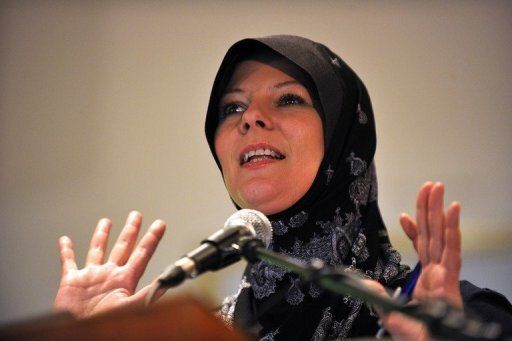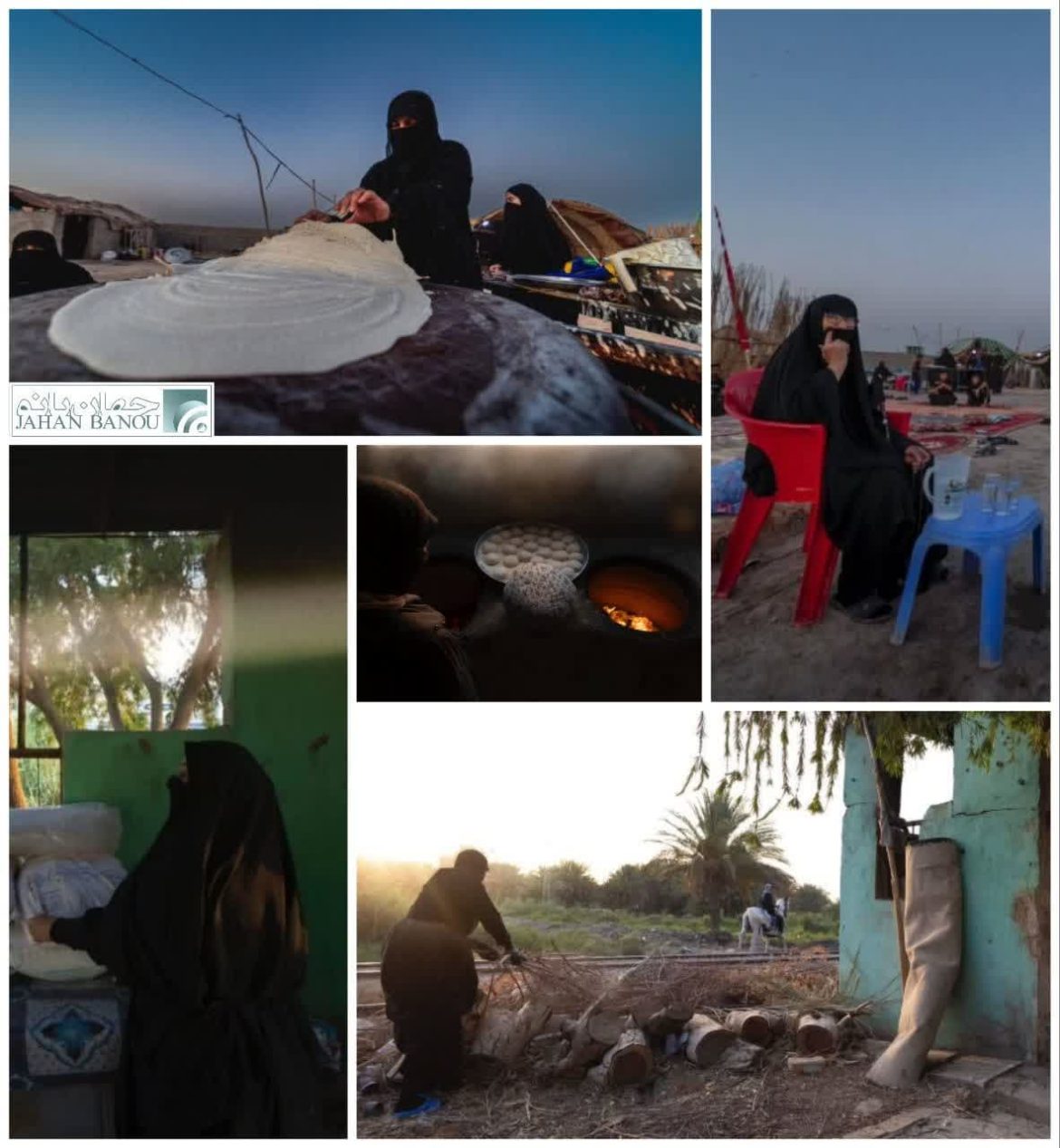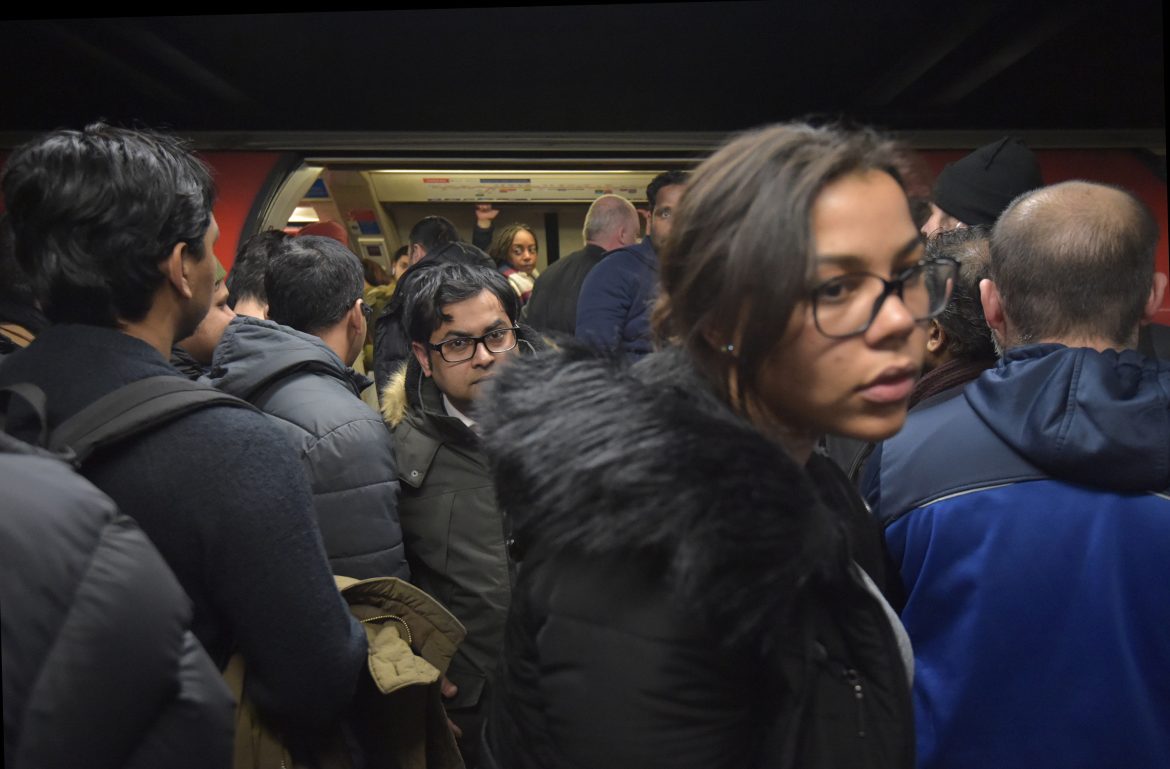As the anniversary of the Prophet Muhammad’s (peace be upon him) passing approaches, we reflect on modern examples of figures who embraced Islam after encountering the Prophet. Their stories underscore how his profound mercy and compassion continue to resonate across diverse lives and cultures.
When the World Had No Kindness, God Created Him
It is said that when the world lacked compassion, God created him—and even after 1,400 years, whenever his name is spoken, people greet him with peace: a greeting powerful enough to lift countless daughters from their graves. All the followers of Prophet Muhammad (peace be upon him) know him through his kindness. This kindness earned him the title Raḥmatan li-l-ʿĀlamīn (Mercy to the Worlds). He was the only prophet who never cursed his own community, a characteristic that drew many hearts toward his message and faith.
Notable Faces of Recent History Who Embraced Islam in Middle Age
Muhammad Ali (formerly Cassius Marcellus Clay, Jr.)
Born on January 17, 1942, in Louisville, Kentucky, Cassius Marcellus Clay Jr. rose to become not merely a boxing legend but a symbol of strength in social justice and spiritual conviction. Changing his name to Muhammad Ali in 1964 after his conversion to Islam, he later explained that “Clay was a name given to my ancestors—slaves. Muhammad Ali is the name I chose”. He admired the Prophet Muhammad’s humility and leadership, saying the Prophet taught him that pride before humankind holds no value.
Kareem Abdul-Jabbar (née Ferdinand Lewis Alcindor Jr.)
Born April 16, 1947, in New York City as Ferdinand Lewis Alcindor Jr., he became known worldwide as Kareem Abdul-Jabbar after converting to Islam around 1971. A legendary NBA center, he said that observing the Prophet as both a spiritual leader and a champion of social justice, he realized that this is exactly what his generation deeply needed.
Lauren Booth, Human Rights Journalist
Lauren Booth, a British journalist and human rights advocate, encountered resilient and hopeful Muslims during her reporting in Palestine, even amid war and siege. She reflected: “When I learned how the Prophet Muhammad treated women and orphans, I realized this was the example humanity has lost today.”
Yusuf Islam (formerly Cat Stevens)
British singer-songwriter Cat Stevens, born Steven Georgiou, experienced a near-death in 1975 that prompted a deep spiritual journey. A wave rescued him during the ordeal off Malibu, and he vowed, “Oh God! If you save me, I’ll work for You”. After being gifted a copy of the Qur’an, he converted to Islam in 1977 and adopted the name Yusuf Islam in 1978. Reflecting on the Prophet’s life gave him the profound sense of answering questions he had long carried.
Closing Reflection
These figures illuminate the timeless impact of Prophet Muhammad’s example—a blend of gentleness, justice, and humanity that transcends time and culture. Their personal journeys show how his legacy continues to guide spirits and offer hope, reminding contemporary generations of the compassion and moral clarity they may have lost.
From: mehrnews














